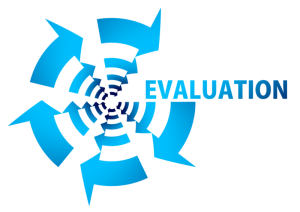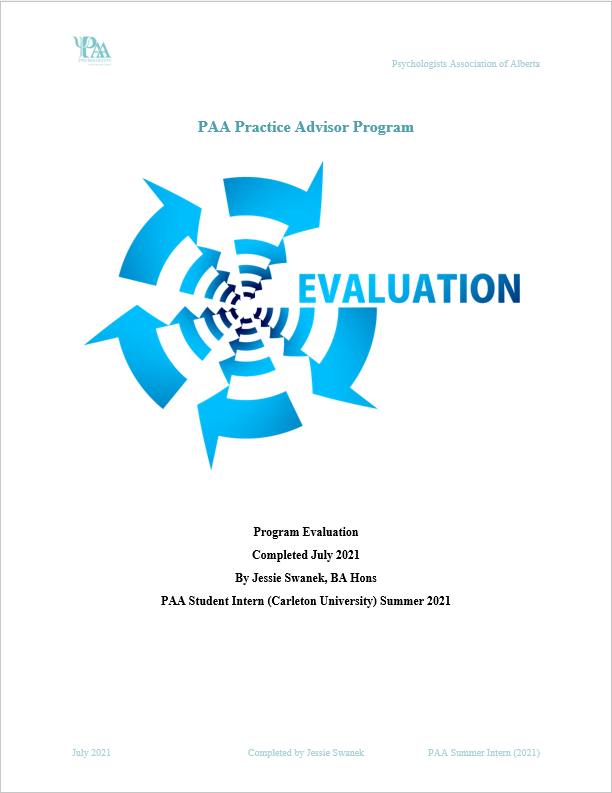PAA Practice Advisor Program Evaluation
In the summer of 2021 PAA Practice Advisor Program was evaluated thoroughly.
Launching in 1995, the PAA Practice Advisor Program is an award-winning advanced peer-support program for professional assistance and advice that enhances professional practice, circumvents problems, and is generally supportive and preventative. PAA Practice Advisors (Advisors) provide confidential advice regarding professional practice and/or ethical issues as a convenient, highly accessible, member-benefit. This is the first program evaluation of the PAA Practice Advisor Program.
Data for this evaluation was collected in a variety of ways. The PAA Practice Advisor Program was benchmarked against program descriptions of related organizations including psychological associations and colleges in North America and law societies in Canada. Practice Advisors participated in focus groups and completed a survey, active PAA members who had accessed the program in 2020 completed a survey, and PAA staff were interviewed. This evaluation also included a review and analysis of existing data from PAA’s and CAP’s 2020 Annual Reports, the queries PAA received in 2020, and PAA program tracking data.
Key findings from this evaluation included:
- Advisors found their volunteer roles to be very rewarding
- Members consider this program a significant member benefit
- This program is unique in psychology and a rare in its overall formal
Program Summary
|
 This evaluation also identified 6 areas for program enhancement:
This evaluation also identified 6 areas for program enhancement:
- Build a Community of Practice for Practice Advisors
- Further Differentiate CAP’s PGP vs PAA’s Practice Advisors
- Clarify the Practice Advisor Program
- Add a FAQ section to PAA Practice Advisor Page
- Implement a Member Feedback Form
- Identify Alternatives
PAA is currently working on creative ways to implement the recommendations to the program.

